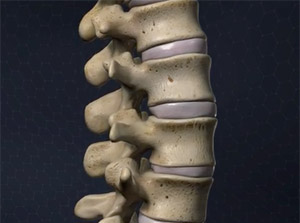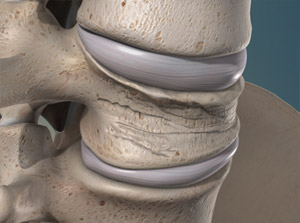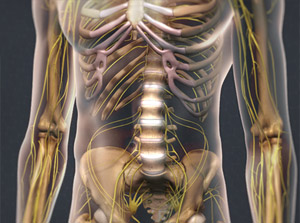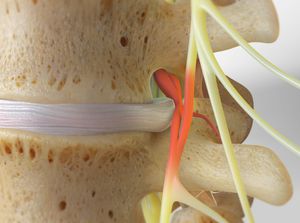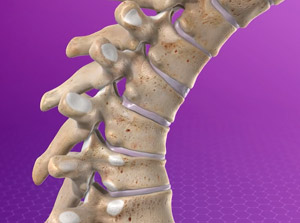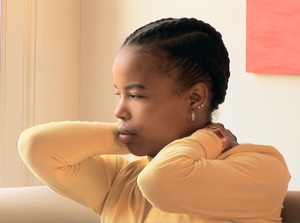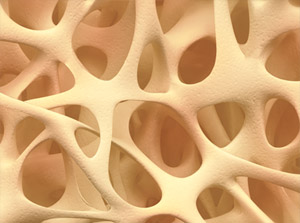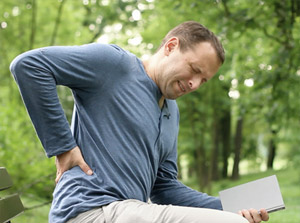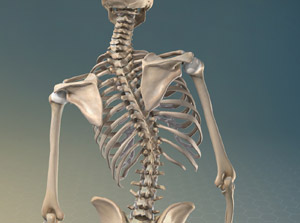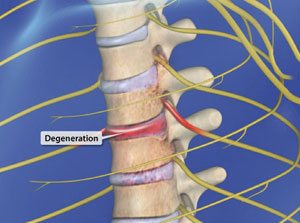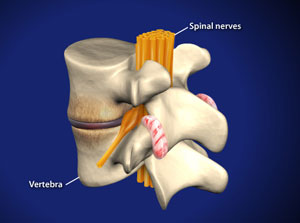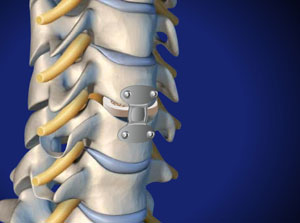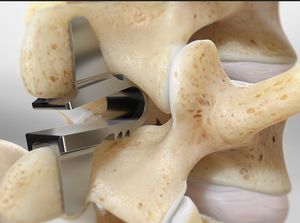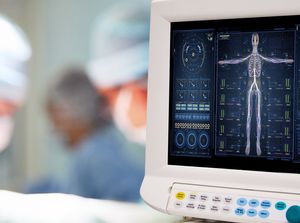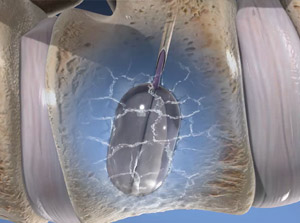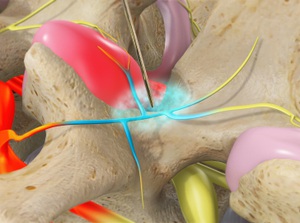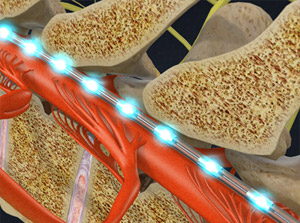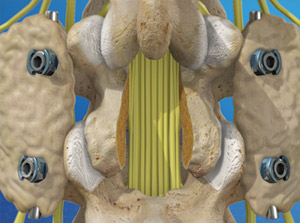Thoracic Spine (Upper & Mid Back)
HOW ARE YOU FEELING?
At Nebraska Spine + Pain Center, our surgeons and nonoperative doctors are all specialty-trained with years of experience dedicated to treating your pain at the source, from your upper back and mid back through your whole spine. If you have any of the symptoms listed below, our experts are here to offer the best care plan focused on you:
- Numbness, tingling, or weakness in the arms, hands, and fingers
- Pain starting in the back that radiates to the chest, rib cage, abdomen, arms, or legs
- Persistent or chronic pain in the middle of your back or between your shoulders
- Rounding of your upper back or curving in the middle or upper back
- Stiffness in the back
- Sudden, intense pain in your upper or mid back
FINDING THE PROBLEM
Our entire team of advanced specialists provides top-tier care for a range of problems that affect the thoracic spine and its structure, from muscular pain to nerve-related injuries and conditions.
When you visit us, your provider team will listen to your experiences and thoroughly examine affected areas, which may include advanced imaging and other diagnostics. With this information, your doctor will be able to diagnose your problem and help find the source of your pain or limitation. The most common diagnoses our doctors specialize in include:
- Arthritis
- Degenerative disc disease
- Kyphosis or scoliosis
- Compression fractures
- Herniated thoracic discs, or slipped discs, and bulging discs
- Thoracic spinal stenosis or thoracic myelopathy
- Thoracic spondylosis
FINDING THE SOLUTION
UPPER & MID BACK ASSESSMENTS
At Nebraska Spine + Pain Center, we are prepared to identify and treat the source of your upper or mid back pain with confidence.
Our medical evaluations begin with an open discussion about your symptoms and pain levels, followed by a look at the anatomy of your muscular and skeletal systems using detailed imaging.
Our treatment plans are based around the demands of your lifestyle. We make it a priority to educate our patients about the options available to them—whether those include surgical or nonsurgical methods.
CARING FOR YOUR PAIN: THORACIC SPINE
When you’re in pain, you deserve options that work for you. Your upper or mid back pain has a solution, and our pain doctors are here to be part of your comprehensive care team at Nebraska Spine + Pain Center.
Whether you need advanced diagnostics or a thorough care plan with nonsurgical treatments and recovery techniques, our physical medicine and rehabilitation specialists have you covered.
MEET YOUR UPPER & MID BACK CARE TEAM
OUR Thoracic Spine (Upper & Mid Back) Experts
Orthopedic Spine Surgeon
Orthopedic Spine Surgeon
Orthopedic Spine Surgeon
Neurosurgeon
Interventional Spine Care – Spine & Musculoskeletal Medicine
Interventional Spine Care – Spine & Musculoskeletal Medicine
Orthopedic Spine Surgeon
Orthopedic Spine Surgeon
Interventional Spine Care – Spine & Musculoskeletal Medicine
Orthopedic Spine Surgeon
Orthopedic Spine Surgeon
Conditions
FREQUENTLY ASKED QUESTIONS
About the Practice
Is fellowship or board certification important when choosing my doctor?
Not every doctor has completed a fellowship or earned certification through a medical specialty board, but these additional credentials speak to skill and experience.
A fellowship is exclusive, additional specialty training beyond the requirements for specialization. Completion shows that the doctor has gained additional knowledge and skill in their field.
Board certification is acquired only after a doctor has been in practice and met or exceeded rigorous standards in patient care and applied knowledge.
Do I need a referral to see a spine or pain doctor?
A referral is not required to see one of our doctors at Nebraska Spine + Pain Center.
For insurance or workers’ compensation purposes, a referral may be necessary. Feel free to confirm with your provider, employer, or our office.
How do I make an appointment at Nebraska Spine + Pain Center
Do you offer second opinions?
General FAQs
When Should I see a doctor for my pain?
When should I consider surgery for my pain?
How can I prevent back, neck, or spine-related pain?
Pain along the neck and back affects everyone at some point in life, and as we age, our spine will start degenerating with wear and tear as well as the aging process. Focusing on your overall health and physical conditioning can go a long way in preventing pain of all sorts.
To help prevent spine- and nerve-related pain, you can follow these general best practices:
- Avoid tobacco products.
- Be sure to stretch and warm up before doing any rigorous activities.
- Do not overexert yourself when exercising or when moving or lifting heavy objects.
- Eat a healthy diet, stay hydrated, and minimize alcohol and inflammatory foods, such as refined sugars.
- Keep moving throughout the day and maintain good posture.
- Stay active and maintain a healthy weight.
- Stay well-rested and minimize your stress.
How can physical therapy help my back or neck problem?
Conditions & Treatments
What is a herniated disc?
What is spinal stenosis?
What is radiculopathy?
What is a compression fracture
Can my pain be treated without spine surgery?
Many forms of back, neck, and spine-related pain can be reduced or resolved with nonsurgical methods. These include:
- Bracing
- Lifestyle and activity modifications
- Nerve blocks (to stop pain signals) and other interventional procedures
- Over-the-counter and prescription medications
- Pain injections
- Physical therapy
